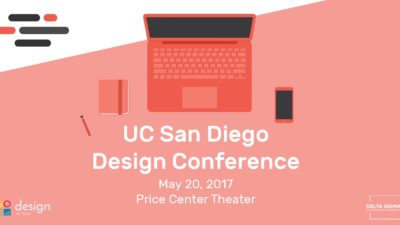
Abstract
Modeling the Workplace Experience Through Precision-Tracking of Behavior
Understanding the workplace experience is important in order to develop solutions to improve health, mood, and performance. However, cognitive, emotional, and behavioral measurements of the workplace experience until recently have been constrained by methodologies based on infrequent measurements or self-reports. The ongoing revolution in the development of sensor technologies is enabling new ways to measure human behavior in situ with precision. In this talk, I will present research from studies which tracked participants in the workplace. We took a multi-faceted view of the workplace experience with a mixed-methods approach using sensors, bio-sensors, EMA, Sensecams, actigraphs, and repeated surveys collecting data on computer activity, affect, stress, focus, sleep, physical activity, productivity, and other factors. This methodology has enabled us to develop models of workplace mood, stress, communication, attention focus, multitasking, email use and temporal patterns of use. The research shows that there are consequences of having access to so many digital information sources: they continually compete for attention. We continually switch our attention among different information streams, applications, and devices. I will discuss the value and challenges of multi-faceted quantitative measures of workplace (and other) behavior as we move towards designing interdisciplinary research to study, and design for, digital media use.
Wednesday, January 11, 2017
CSE 1202


